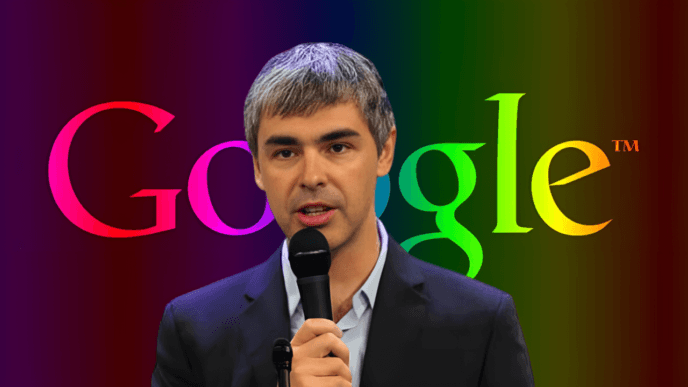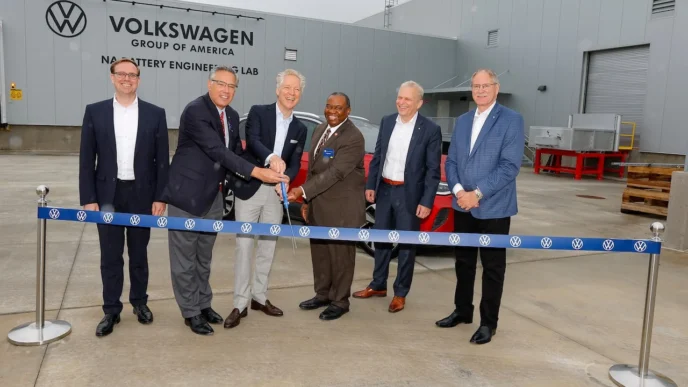A powerful new medical coding model from Ambience Healthcare is making headlines—by outperforming physicians at a critical task that drives hospital billing, compliance, and care quality. The AI startup says its tool, trained on OpenAI’s reinforcement learning systems, now achieves 27% better coding accuracy than board-certified doctors.
This leap forward in AI-assisted healthcare isn’t just impressive—it could reshape how the medical system handles administrative tasks, especially those tied to ICD-10 codes. These classification codes cover over 70,000 diagnoses and procedures, affecting everything from insurance billing to national disease tracking. In short, getting them wrong isn’t an option.
Ambience Healthcare, based in San Francisco, has built an AI platform that listens to doctor-patient conversations and automatically generates clinical notes. Now, with this new update, the platform can also suggest the most accurate ICD-10 codes in real-time—no more manual coding marathons at the end of an exhausting shift.
Real-Time Coding That Rivals Human Experts
In a benchmark study, Ambience’s AI was tested against a “gold panel” of expert-approved ICD-10 codes. It also went head-to-head with 18 board-certified physicians. The result? The AI beat the doctor average by 27%. That’s not just a win for AI—it’s a meaningful shift in how hospitals might soon approach coding workflows.
“Doctors and medical coders often handle these tasks after long shifts, and mistakes are inevitable,” said Brendan Fortuner, Head of Engineering at Ambience. “Our goal isn’t to replace them—it’s to free them from repetitive admin so they can focus on patients.”
Dr. Will Morris, Ambience’s Chief Medical Officer, emphasized that ICD-10 data isn’t just about insurance. “It’s a way to track healthcare quality across hospitals and systems,” he explained. “It helps us compare outcomes, detect trends, and improve care delivery.”
Fixing a $266 Billion Problem
The implications are massive. Ambience claims its model could help fix part of the estimated $266 billion in annual administrative waste in U.S. healthcare, including $19 billion tied directly to coding and documentation errors. For hospitals and payers, that could mean fewer billing mistakes, reduced audits, and faster claim approvals.
And for doctors? It means less paperwork and more face time with patients.
Ambience’s approach stands out not just for its accuracy, but also for how seamlessly it fits into the clinical setting. The platform works in the background, suggesting codes during the patient visit rather than after. This proactive method eliminates the guesswork and back-and-forth that often delay care or payment.
Expanding Beyond ICD-10: What’s Next?
This breakthrough builds on Ambience’s earlier work with CPT (Current Procedural Terminology) code automation. The startup is now setting its sights on other pain points in healthcare admin—including prior authorizations, utilization reviews, and clinical trial matching.
Founded in 2020 by Mike Ng and Nikhil Buduma, Ambience is already live in over 40 top health systems including UCSF Health and Cleveland Clinic. With backing from heavyweight investors like Andreessen Horowitz, Kleiner Perkins, and the OpenAI Startup Fund, the company has raised more than $100 million to date. According to The Information, it’s reportedly seeking a new funding round at a valuation above $1 billion.
The new AI medical coding model is expected to roll out to all Ambience users this summer.
As Morris put it, “Getting it right at the point of care isn’t just a tech upgrade—it’s a game changer.”













